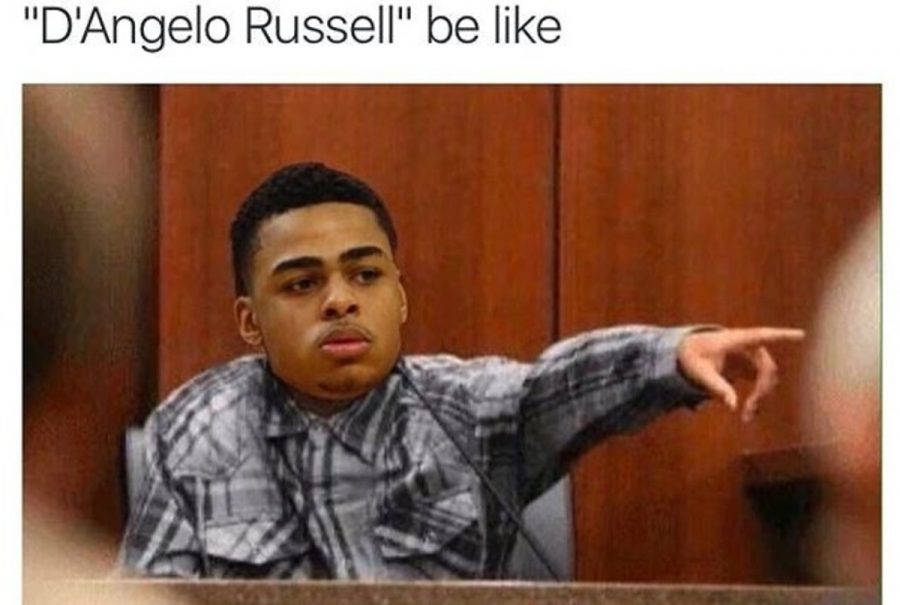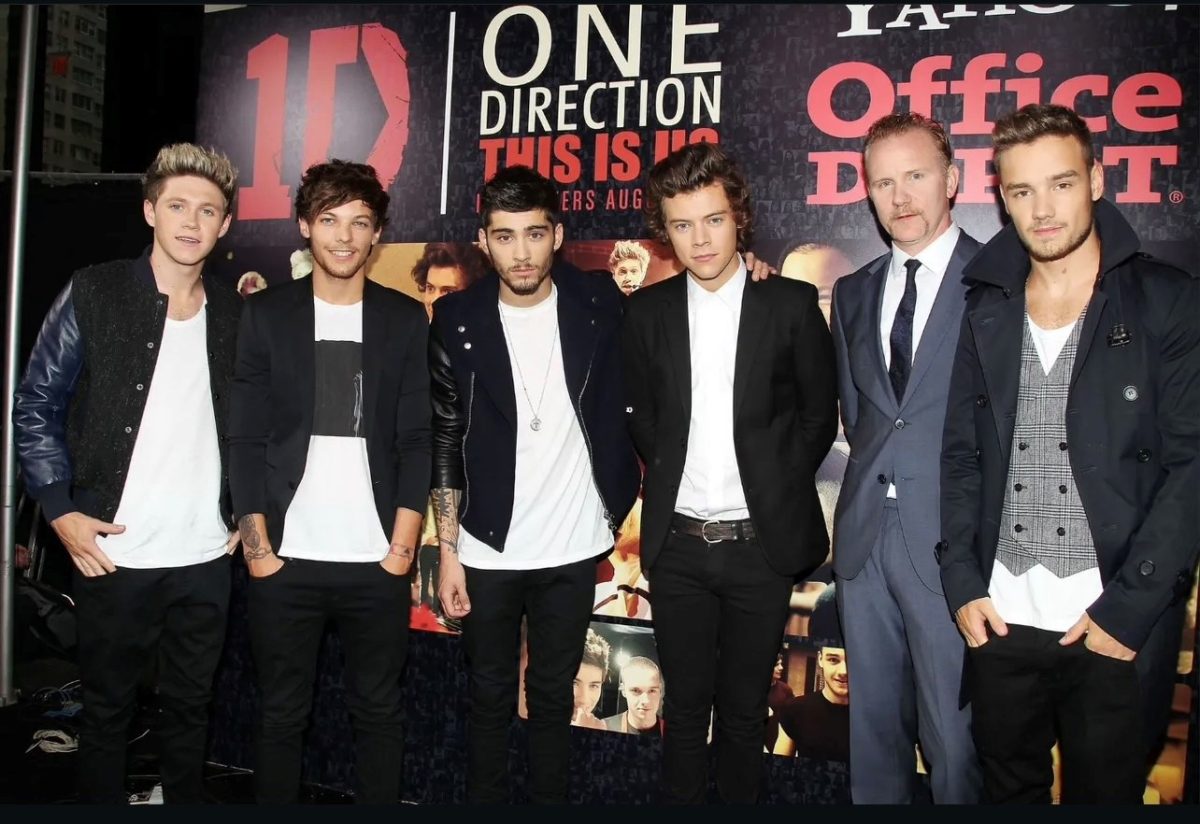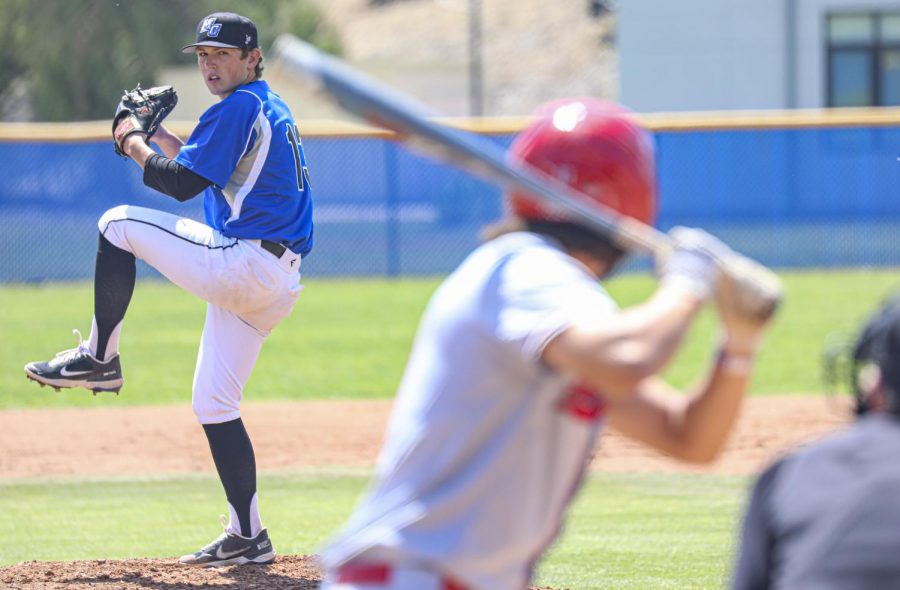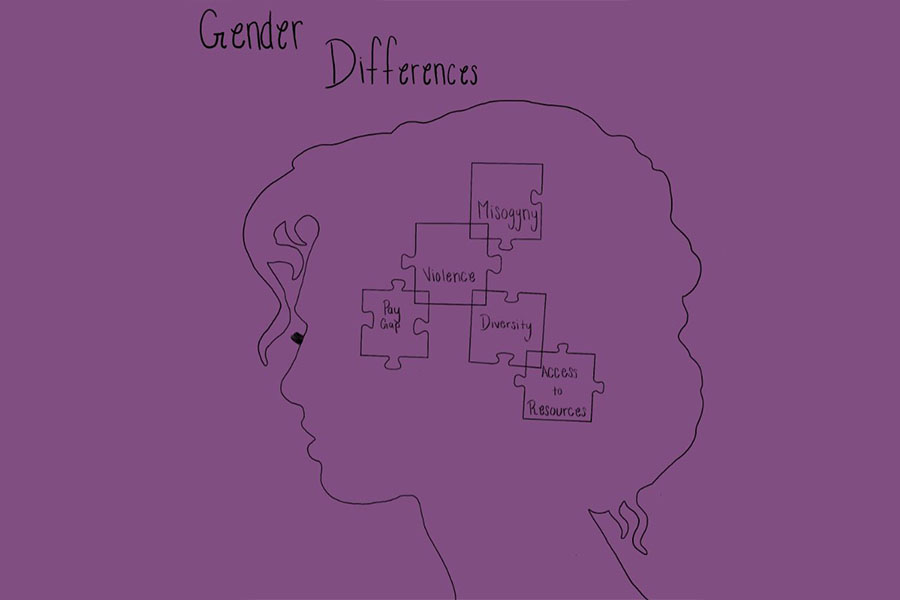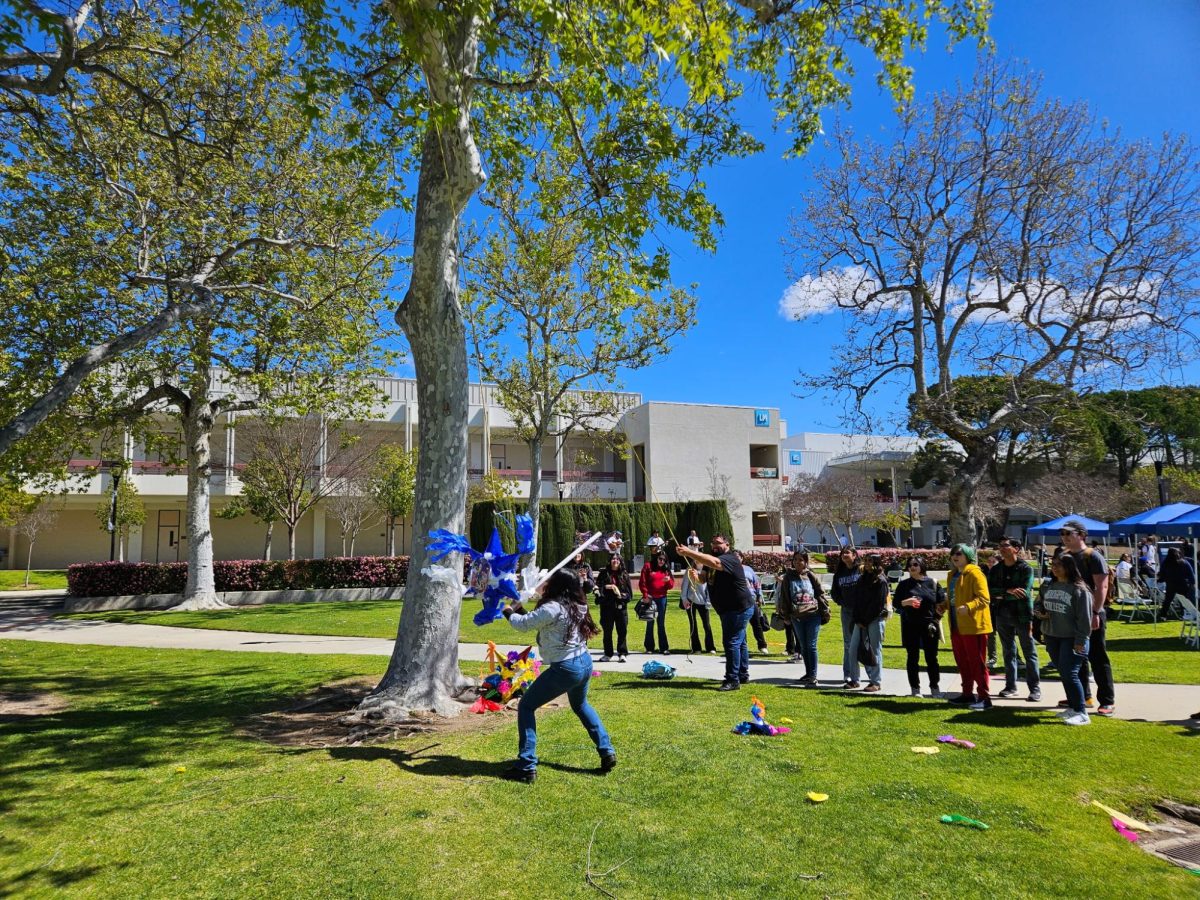Whether it’s the crying Jordan or ultra-rare Pepe, memes are just about everywhere. There are Instagram pages devoted to the production of memes that have millions of followers. Love ‘em or hate ‘em, if you’re on the internet you will surely see them, but just what are memes, and are they really as bad, or good, as people say they are?
I think they are actually pretty damn good for us. They’re funny and I get a good laugh, sure, but they also make us think and be a part of something bigger. They are as much a culture as being a Laker fan, church-goer or gaming enthusiast.
“They are an idea that pervades social conscience, nothing to do with images,” Moorpark College professor Tim Samoff said. “They are anything that happens on a small scale in our culture that becomes used as a normal thing.”
So ideas that spread and become popular opinion. Samoff said that can be harmful because it reduces thinking and allows people to just take on the popular idea/opinion.
“It allows you to take on an identity or thought without putting much thought into it,” Samoff said.
He used the examples of political opinions such as gay rights, where people go along with popular thinking rather than their own opinions or knowledge of the issue.
That’s well and good, but what about the photos of DJ Khaled or the fistpump-baby? Do they really add to society? Or are they stupid and even mean, as some students believe they can be?
“I think they’re stupid and that’s why people think they are funny,” said Courtney Applefort, kinesiology major. “I think that [stupidity] is the point of them.”
Others, like Ryan Melton, first-year photography major, see them as potentially harmful. He gave the example of a meme about a girl wearing a great deal of makeup with the caption ‘take her swimming on the first date.’
“It’s easier for people to say whatever they’re thinking with billions of pictures that are readily available,” Melton said. “You start making jokes, then mean comments, it continues after the bad comments, it updates and there are more funny jokes and hate. If a picture of you was turned into a meme how would you feel about that?”
It’s definitely true that memes can be used to spread hate, but that’s just once face of the issue. It seems that in every widespread movement or idea there are the radicals and bullies. But good or bad, memes make us think critically.
“They only make us feel stupid if we are stupid,” English professor Sydney Sims said, laughing. “They’re supposed to be offensive, you’re supposed to get offended, you idiot.”
Sims said she thinks that memes in fact enhance thinking, not ruin it. She shared memes about good-guy Satan to explain her point.
“The pictures of Satan makes you think about the same thing in different ways and breaks down expectations,” Sims said. “It promotes critical thinking.”
For those of us that are meme-savvy, we know that after a public event or incident, memes crop up all over the internet. Whether it is Donald Trump’s hair or Nick Young’s cheating scandal, as soon as something happens, we meme-ify and share them.
Margaret Tennant, psychology professor, said that they actually provide a sense of community.
“We have the need to be accepted and at the need to be accurate and the first one trumps the second one,” Tennant said.
I shared with her an example from my own life, and she agreed that it demonstrated how memes provide a sense of belonging and community.
I was without a phone for about ten days. During that time DeAngelo Russell, a Lakers star, recorded teammate Nick Young discussing affairs he had. The recording wound up on the internet. Within days, memes making fun of the situation were circulating on Instagram and Twitter.
Since I was without a phone, I missed out on it all, and heard about it second-hand from my brother. I felt left out. It wasn’t just that I was missing out on a laugh, but that everyone was in the know-how except for me. Since I couldn’t see the memes, I wasn’t part of the group or discussion.
The way I see it, memes are like mini-society. There is bad, sure, but any society has bad people and bullying. On a larger level are a way for us to interact, participate, and feel included.
So, when the Clippers are eliminated from the playoffs and you want to paste the cry-Jordan face onto Chris Paul, go ahead. You will be participating in and creating a culture, and getting a little smarter while you’re at it, too.

